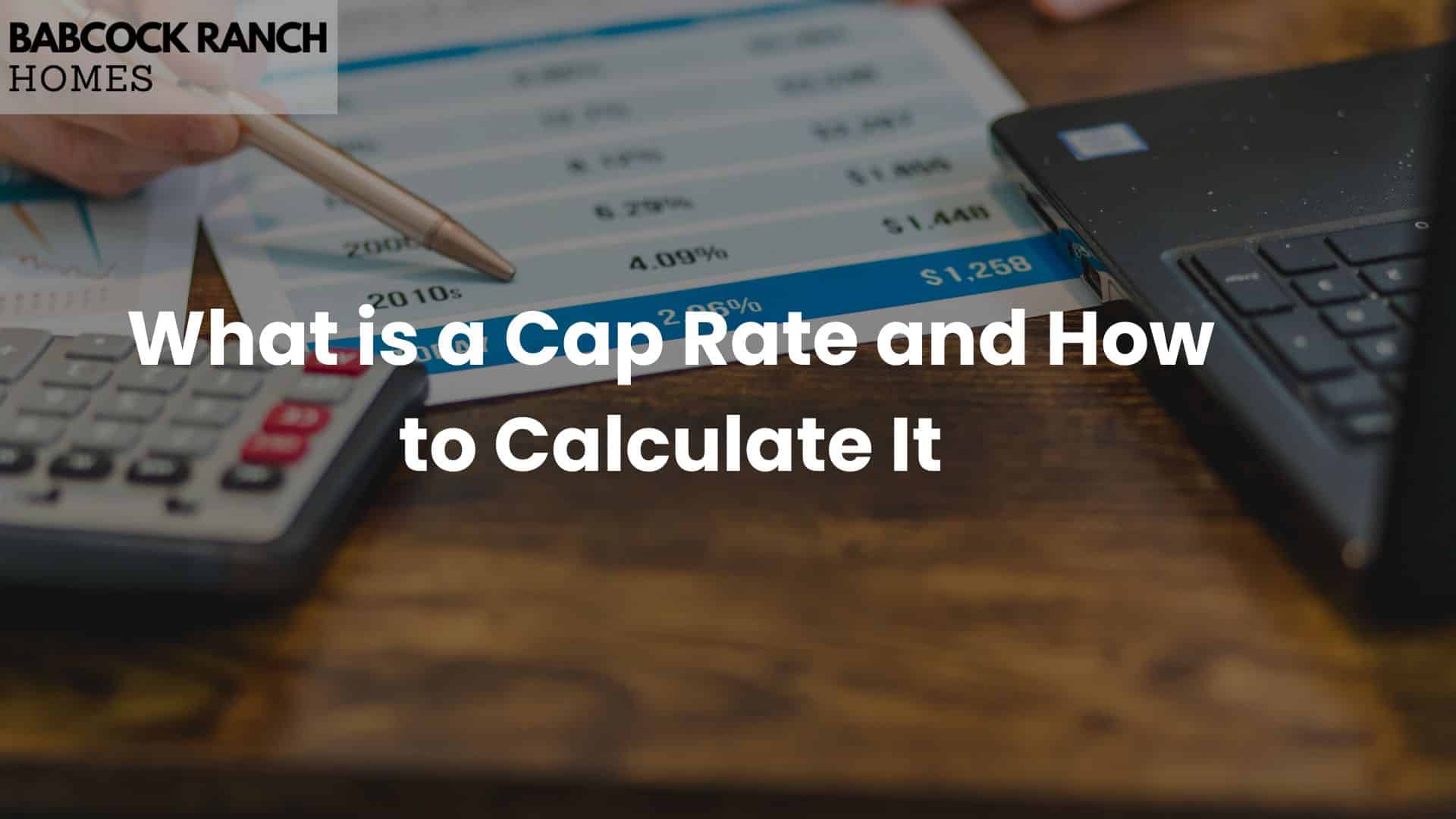
Over 8% of U.S. homeowners owe more on their mortgages than their property’s current value. This financial gap often leads to tough decisions, especially in markets like Babcock Ranch, Florida, where shifting housing trends can leave families vulnerable.
When mortgage debt surpasses a home’s worth, owners may explore alternatives to foreclosure. One option involves negotiating with lenders to sell the property for less than the owed amount. This process can prevent credit score devastation and offer a structured exit strategy.
Local experts at Babcock Ranch Homes specialize in navigating these scenarios. Their team helps residents evaluate options, streamline negotiations, and secure approvals efficiently. For personalized guidance, call 518-569-7173.
Key Takeaways
- Occurs when sale proceeds can’t fully repay the mortgage balance
- Acts as a foreclosure alternative during financial hardship
- Typically follows market declines or personal income loss
- Requires lender approval before listing the property
- Differs from standard sales in timeline and negotiation complexity
Introduction to Real Estate Short Sales
Navigating financial challenges becomes easier when you understand your options. Many property owners face situations where their home’s value drops below their loan balance. This creates opportunities for strategic solutions that benefit all parties involved.

Definition and Key Concepts
A short sale happens when lenders allow selling your residence for less than the remaining loan amount. Unlike standard transactions, this requires explicit approval from your bank. Some institutions provide relocation assistance to help families move smoothly.
Three main factors determine eligibility:
- Documented financial hardship
- Proof of property value decline
- Lender’s willingness to negotiate
Babcock Ranch specialists streamline these negotiations, ensuring faster approvals. Their team handles complex paperwork and communicates directly with financial institutions. This approach reduces stress while protecting your credit profile.
Key participants include agents specializing in distressed properties, loss mitigation departments at banks, and buyers seeking value. Each party aims to resolve the situation efficiently. Lenders often prefer this route over foreclosure due to lower recovery costs.
Exploring What is a Real Estate Short Sale

Facing overwhelming mortgage payments? You might find relief through specialized debt resolution strategies. These arrangements become viable when your home’s market value drops below the amount owed to your bank.
Lenders sometimes approve transactions where proceeds fall short of the total debt. This decision hinges on their financial analysis. Banks compare potential losses from repossession against accepting reduced payments.
Three critical factors influence approvals:
- Documented income reduction or unexpected expenses
- Recent property value assessments
- Market trends affecting resale potential
Approved transactions prevent credit report disasters. Your credit rating takes smaller hits compared to foreclosure. Some banks might forgive remaining debts, though tax obligations could apply.
Economic shifts often create these scenarios. Neighborhood value drops or job losses frequently trigger negotiations. Always consult professionals about IRS Form 1099-C implications before proceeding.
Babcock Ranch specialists analyze individual cases to determine feasibility. They calculate equity gaps and negotiate terms directly with financial institutions. This approach balances homeowner needs with lender requirements.
The Real Estate Short Sale Process Overview
Understanding the roadmap for resolving mortgage challenges helps you prepare mentally and financially. This structured approach requires coordination between multiple parties, with each phase influencing the next.

Phases of Resolution
- Initial consultation with certified housing advisors
- Market analysis to establish competitive pricing
- Formal lender authorization for the transaction
- Compilation of financial records and hardship proof
- Strategic marketing to attract serious buyers
- Bank review of purchase offers
- Final settlement coordination
Duration Factors
Most cases resolve within 4-6 months after buyer acceptance. Delays often occur during these phases:
- Lender response times for approval requests
- Buyer financing complications
- Documentation verification holdups
Babcock Ranch specialists accelerate approvals through pre-negotiated lender relationships. Their team monitors deadlines and maintains constant communication between stakeholders. This proactive approach helps avoid common pitfalls that extend timelines.
Seasoned agents manage expectations by explaining variable factors like holiday bank closures or staffing shortages. Regular progress updates keep you informed at each milestone. Patience remains crucial as institutions review intricate financial details.
Consulting with Professionals in Your Short Sale
Assembling the right team makes complex financial decisions manageable. Specialists guide you through paperwork, negotiations, and legal requirements. Their expertise often determines whether lenders approve your request.
Expert Guidance Through Complex Transactions
Seasoned real estate agents familiar with lender processes prove invaluable. They know how to position your property and communicate with bank departments. These professionals handle tasks like:
- Preparing lender-required documentation packages
- Marketing properties as “lender-approved” listings
- Coordinating multiple approval timelines
Babcock Ranch Homes (518-569-7173) pairs homeowners with agents experienced in these transactions. Their team streamlines communication between all parties involved.
Navigating Financial Implications
Tax professionals clarify obligations when lenders forgive debt balances. A $110,000 forgiven loan portion might generate IRS Form 1099-C income. Advisors help explore:
- Potential tax exemptions like insolvency provisions
- Long-term credit score impacts
- Alternative debt resolution strategies
Financial planners assess whether this path aligns with your goals. They model scenarios showing how different outcomes affect your future stability. Regular team coordination ensures every decision considers legal, financial, and personal factors.
Setting the Correct Asking Price
Determining the optimal listing price requires balancing buyer appeal with lender requirements. Your pricing strategy directly impacts whether interested parties submit offers and if financial institutions approve the transaction.
Agents analyze recent comparable sales to establish competitive figures. They review closed transactions and active listings in your neighborhood. This data reveals trends affecting local property values.
Lenders evaluate proposals using Broker Price Opinions from third-party experts. These assessments compare your suggested figure to current market conditions. Financial institutions typically accept prices within 10-15% of their estimated valuations.
Consider seasonal demand fluctuations when positioning your home. Spring often brings more buyers, while winter markets may require adjusted expectations. Babcock Ranch specialists time listings to match peak buyer activity periods.
Pricing errors create costly delays. Overestimating worth leads to stagnant listings, while lowball figures risk lender rejection. Certified professionals help navigate these challenges while maintaining lender communication.
Collaborate with agents experienced in distressed property sales. They’ll present compelling data to justify your asking price during negotiations. This teamwork increases approval chances while protecting your financial interests.
Lender Agreement and Approval Requirements
Financial institutions hold the keys to successful debt resolution strategies. Their approval determines whether you can move forward with selling your home for less than the owed balance. Lenders analyze multiple factors to protect their financial interests while considering your circumstances.
Understanding Lender Criteria
Banks prioritize minimizing losses when reviewing requests. They compare potential recovery amounts from foreclosure auctions against proposed sale figures. Most require proof of three core elements:
- Consistent payment delinquency or imminent default risk
- Property valuations below the remaining loan balance
- No substantial liquid assets to cover the deficit
Government-backed loans often follow stricter guidelines than private mortgages. For example, Fannie Mae requires specific hardship documentation, while portfolio lenders might offer more flexibility. Approval timelines vary based on investor agreements and internal workflows.
Prepare detailed records showing income changes, medical bills, or other qualifying hardships. Lenders scrutinize bank statements and tax returns to confirm financial strain. Babcock Ranch professionals help compile these materials to present compelling cases.
Successful proposals demonstrate clear financial logic for the lender. Experienced negotiators highlight how accepting a reduced payoff outweighs foreclosure costs. This strategic approach increases approval odds while protecting your long-term interests.
Preparing and Submitting Required Documents
Gathering the right paperwork forms the foundation of successful lender negotiations. Your documentation must paint a clear picture of financial hardship while meeting strict institutional requirements. Missing pages or inconsistent dates often trigger delays in the approval process.
Income and Asset Documentation
Lenders require proof you can’t maintain mortgage payments with current earnings. Recent pay stubs and tax returns show income trends. Include unemployment statements or disability benefits if applicable. These records establish your cash flow limitations.
Asset verification prevents lenders from assuming you’re hiding resources. Provide:
- Bank account statements from the last 3 months
- Retirement fund balances and withdrawal penalties
- Investment portfolio valuations
Borrowers must demonstrate they lack liquid assets to cover loan deficits. A detailed financial statement lists all debts against available resources. Lenders compare this data to local living costs when evaluating requests.
Common errors include incomplete tax forms or unexplained deposits. Professionals help organize documents into lender-preferred formats. Babcock Ranch advisors streamline this process through pre-approval checklists and direct bank communication.
Crafting an Effective Hardship Letter
Your ability to communicate financial struggles effectively determines whether lenders approve debt resolution requests. This formal document bridges personal circumstances with business logic, showing why approving your proposal benefits all parties.
Key Elements to Include
Successful letters balance factual details with strategic persuasion. Focus on these components:
- Specific dates and amounts showing mortgage payment challenges
- Proof of income reduction or unexpected expenses
- Comparison of foreclosure costs versus transaction benefits
- Recent property valuations supporting the proposed sale price
Babcock Ranch professionals recommend highlighting lender advantages. Explain how avoiding repossession fees and property maintenance costs improves their financial recovery. Use bullet points to outline key savings for banks.
Qualifying hardships include military deployments, medical crises, or divorce-related income loss. Always pair claims with documentation like termination notices or hospital bills. Avoid emotional language – focus on numbers and market realities.
Local experts help structure letters that address approval criteria directly. Their templates ensure you present information in formats lenders recognize and trust. This approach speeds reviews while demonstrating professionalism.
Finding and Securing a Qualified Buyer
Attracting serious purchasers demands strategic positioning in shifting markets. Seasoned professionals understand how to highlight value while managing lender expectations. Babcock Ranch Homes excels at marketing properties needing special lender approvals, connecting sellers with motivated Florida purchasers.
Market Considerations
Timing listings during stable periods improves visibility. Early-stage declining markets often flood with distressed properties, creating buyer hesitation. Effective agents differentiate your offering through targeted promotions and transparent pricing strategies.
Buyer Flexibility and Timelines
Prospective purchasers must accommodate extended approval processes. Unlike standard 30-day closings, these transactions average 90-120 days. Pre-approved buyers with contingency plans prove most reliable during extended negotiations.
Successful outcomes require aligning expectations across all parties. Lenders prioritize offers demonstrating financial readiness, while sellers benefit from patience. Contact Babcock Ranch Homes at 518-569-7173 to navigate this complex terrain with confidence.



















